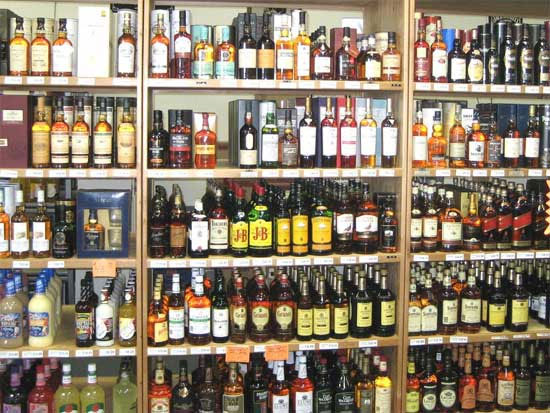Daijiworld Media Network - Bengaluru
Bengaluru, Oct 13: Karnataka has witnessed a significant drop in alcohol sales in 2025 compared to the previous financial year (2023–2024), with the state’s excise department attributing the decline to the recent hike in excise duty. The dip in sales has reportedly affected the state’s revenue and led to a noticeable reduction in the number of alcohol consumers. Beer sales have seen the steepest fall, according to official reports.
Excise officials stated that the increased tax burden under the revised excise duty policy has directly impacted consumer spending, leading to reduced demand for liquor and beer across the state. Compared to the last two years, the decline has been described as substantial.

Between April and September 2023, the state recorded sales of 352 lac litres of liquor, which dropped to 345 lac litres during the same period in 2024. In 2025, sales further declined to 342 lac litres — a reduction of more than 10 lac litres, translating to a 2.8% decrease. The excise department identified the increase in liquor tax as the primary cause of this slump, noting that the higher levies have discouraged regular consumers.
The beer market has suffered even more severe losses. In 2024, between April and September, 242 lakh boxes of beer were sold, but the figure plummeted to 195 lac boxes in 2025 — a drop of 47 lac boxes or roughly 19%. Industry representatives pointed out that customers are avoiding beer purchases due to higher prices resulting from tax increases. The sharp fall in sales has affected bars, clubs, and resorts across Karnataka, leading to business challenges and threatening hundreds of jobs.
Despite the overall decline in sales, the state’s excise revenue has seen a surprising increase. In 2024, the department collected Rs 17,702 crore, which rose to Rs 19,571 crore in 2025 — a gain of Rs 1,869 crore. Officials explained that the rise in revenue is due to higher excise duties per litre of alcohol, even though overall sales volumes have dropped.
Economists, however, have warned that this short-term revenue gain could have long-term consequences, as sustained higher taxes may further reduce sales and impact the excise department’s contribution to the state’s economy. Business associations have urged the government to review the current excise policy and adopt measures that balance revenue growth with stable market demand.
Experts have emphasized that excessive excise hikes tend to curb consumption rather than enhance revenue, weakening one of the state’s key revenue streams. They suggested that the government reconsider the policy and introduce strategies to boost sales without overburdening consumers.